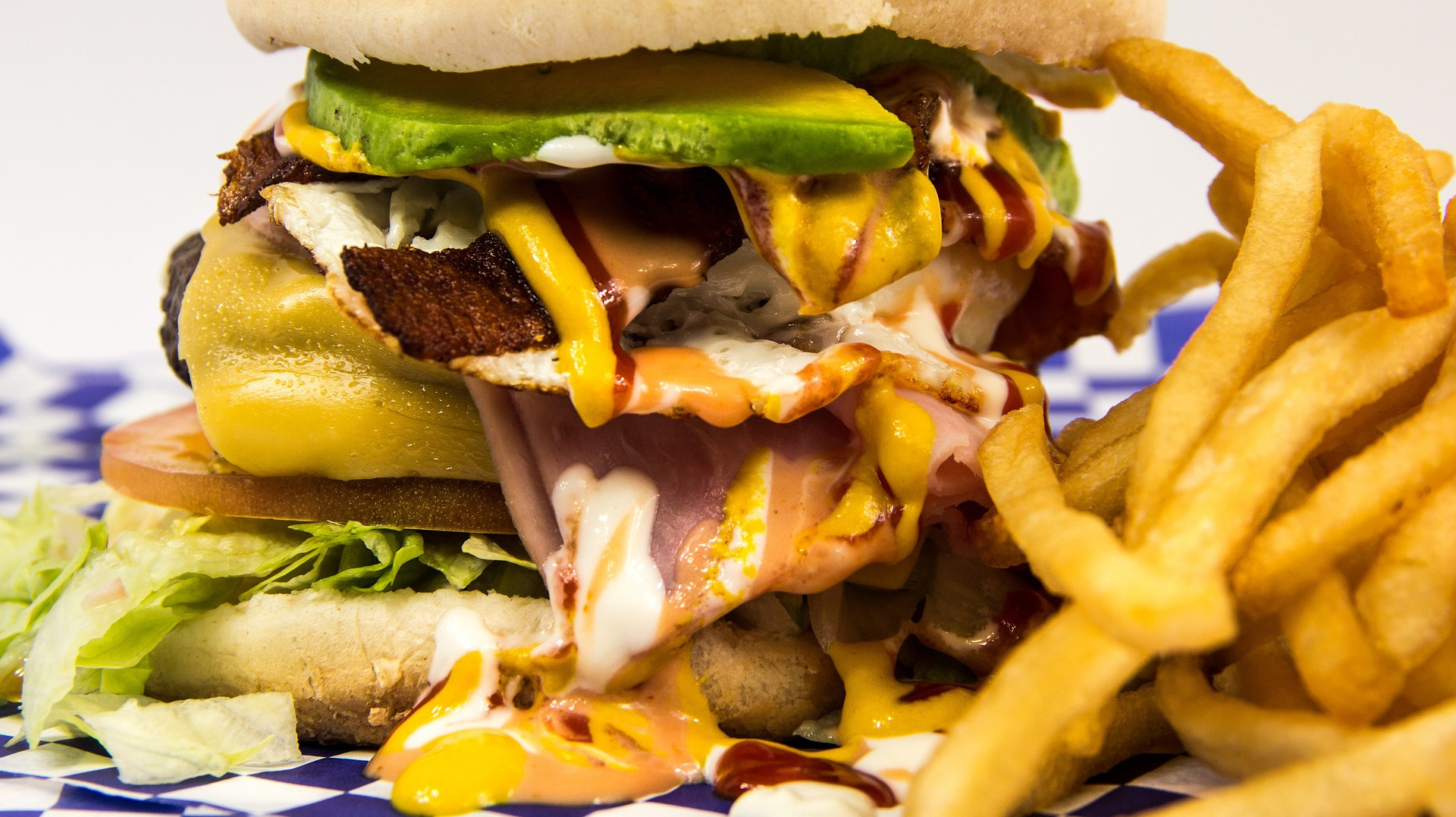High Cholesterol: Natural Remedies for Reducing Blood Levels
Cholesterol is a fat (lipid) essential for various bodily functions, such as building cell membranes, producing hormones, and creating energy. However, cholesterol levels, particularly LDL (low-density lipoprotein) cholesterol, can lead to health issues like heart disease and clogged arteries.
There are two main types of cholesterol:
- HDL (high-density lipoprotein): Known as "good" cholesterol, it helps remove cholesterol from other body parts to the liver.
- LDL (low-density lipoprotein): Known as "bad" cholesterol, it can build up in the arteries, leading to plaque formation and increasing the risk of cardiovascular diseases.
Causes of High Cholesterol
High cholesterol, also known as hypercholesterolemia, can result from a combination of factors, including:
- Poor diet (high in saturated and trans fats)
- Genetic predisposition
- Obesity and a sedentary lifestyle
- Certain conditions like diabetes or an underactive thyroid
Most people do not experience symptoms of high cholesterol. It is usually detected through routine blood tests. Left untreated, high cholesterol increases the risk of heart disease, stroke, and other cardiovascular complications.
Home Remedies and Natural Cures for High Cholesterol
Managing high cholesterol is essential for preventing cardiovascular disease and maintaining heart health. Combining dietary changes, exercise, and supplements like red yeast rice, niacin and omega-3 fatty acids can significantly reduce cholesterol levels. While home remedies can be effective, monitoring your cholesterol regularly and consulting your healthcare provider for personalized advice and treatment options is important.
Besides medications prescribed by doctors, several home remedies and lifestyle changes can help reduce cholesterol levels. Below are some of the most effective options:
Red Yeast Rice
Red yeast rice is a natural supplement that contains compounds similar to statins, the prescription drugs used to lower cholesterol. It works by inhibiting the enzyme responsible for producing cholesterol in the liver. Studies have shown that red yeast rice can significantly lower LDL (bad) cholesterol levels. It is available in supplement form but should be used under the guidance of a healthcare professional due to potential side effects.
Niacin (Vitamin B3)
Niacin is one of the most effective natural remedies for raising HDL (good) cholesterol while lowering LDL (bad) cholesterol and triglycerides. It works by reducing the liver's production of cholesterol. The American Heart Association notes that niacin can be more effective than some prescription medications for lowering cholesterol levels. It is available as a supplement, but consult your doctor before taking it, as high doses can cause side effects.
Omega-3 Fatty Acids
Omega-3 fatty acids are essential fats that reduce LDL cholesterol and triglyceride levels while promoting heart health. Foods rich in omega-3 include:
- Fatty fish such as salmon, mackerel, and sardines
- Flaxseeds and chia seeds
- Walnuts
Incorporating these into your diet or taking an omega-3 supplement can significantly improve cholesterol levels and reduce inflammation in the arteries.
Fiber-Rich Foods
Soluble fiber helps reduce the absorption of cholesterol into your bloodstream. Foods high in soluble fiber include:
- Oats
- Fruits (especially apples, oranges, and berries)
- Legumes
- Bran cereals
For those who struggle to get enough fiber from their diet, a fiber supplement such as psyllium husk is a great alternative. Increasing your fiber intake can also improve digestion and overall heart health.
Exercise
Regular exercise plays a vital role in managing cholesterol levels. Physical activity raises HDL cholesterol and lowers LDL cholesterol. Most days of the week, aim for at least 30 minutes of moderate exercise, such as walking, swimming, or cycling. Exercise also helps manage weight, which further reduces cholesterol.
Walnuts and Almonds
Walnuts and almonds are rich in omega-3 fatty acids and fiber, making them powerful allies in lowering cholesterol. Eating a handful of these nuts daily can help lower LDL cholesterol and reduce inflammation. They also provide a healthy source of fat, which is beneficial for heart health.
Olive Oil
Switching to olive oil as your primary cooking oil can help reduce LDL cholesterol levels while boosting HDL levels. Olive oil contains monounsaturated fats, which are considered heart-healthy. Use it in salad dressings, for roasting vegetables, or as a healthy alternative to butter and margarine.
Fish
Replacing red meat with fish (especially fatty fish) is an excellent way to reduce saturated fats and increase your intake of omega-3 fatty acids. Fish like salmon, mackerel, and sardines are particularly beneficial for lowering cholesterol.
Avoid Saturated and Trans Fats
Reducing or eliminating saturated and trans fats is essential for managing cholesterol levels. Saturated fats are found in red meats, butter, cheese, and other animal products, while trans fats are found in many processed foods and baked goods. Choose healthier fats like avocados, nuts, and olive oil.
Additional Lifestyle Changes
Weight Control
Maintaining a healthy weight is essential for managing cholesterol. If you're overweight, losing even a small amount of weight can help lower your LDL cholesterol and increase HDL cholesterol. A balanced diet, portion control, and regular exercise will aid in weight loss and overall heart health.
Quit Smoking
Smoking lowers HDL cholesterol and damages the walls of your arteries, increasing the risk of heart disease. Quitting smoking can improve your cholesterol levels and benefit your overall cardiovascular health.
Reduce Alcohol Consumption
Excessive alcohol consumption can raise triglyceride levels and contribute to high cholesterol. Limiting alcohol to moderate levels (one drink per day for women, two for men) is key to maintaining healthy cholesterol levels.



